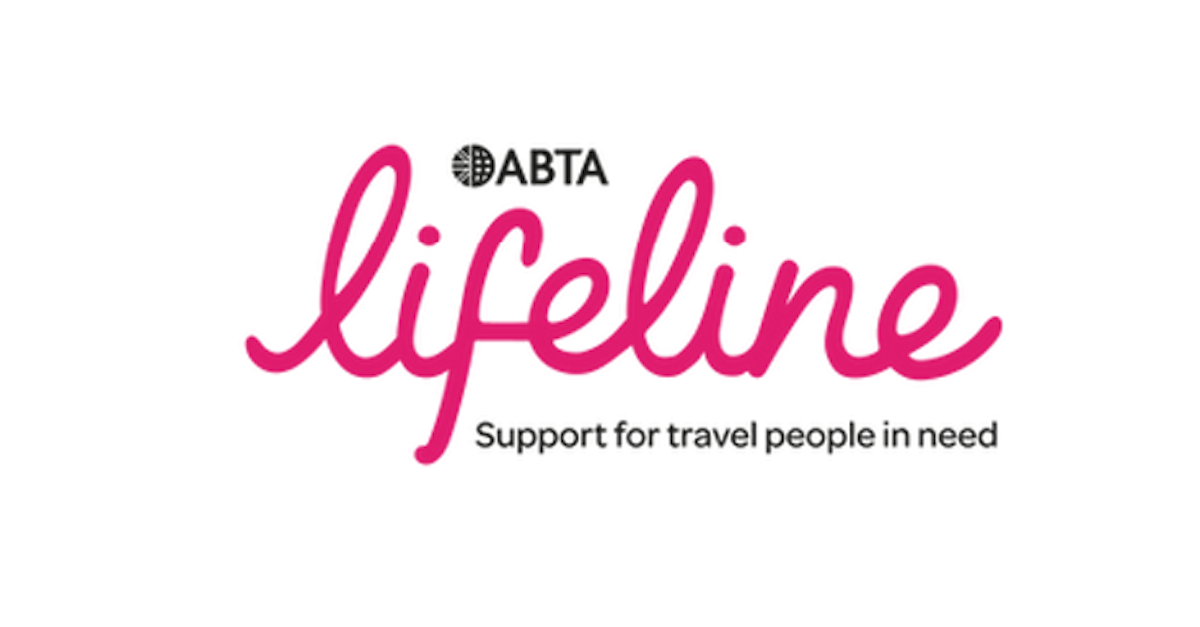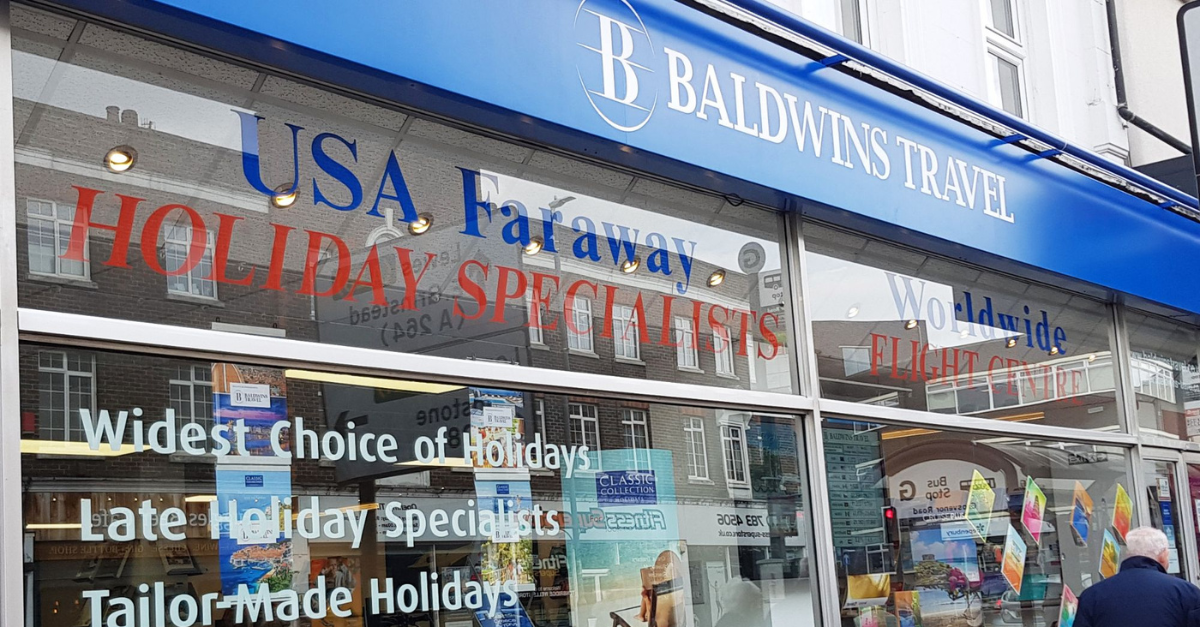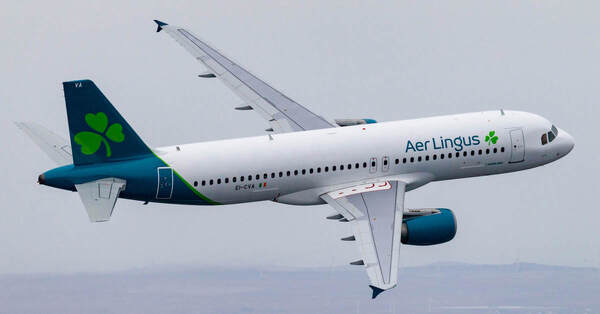Seven in 10 travel firms plan redundancies when furlough ends

Seven in 10 travel companies plan to redundancies after furlough ends this month, according to research by Abta which suggests summer 2021 bookings were 83% down on 2019.
The Travel Association is calling for a “significant overhaul” of the government’s traffic light system, including ending the widespread use of PCR testing and treating countries as open by default.
A survey of Abta’s 4,300 members conducted this month found that almost half of travel companies reported no increase in 2021 bookings compared to last year, despite vaccine rollout.
And 58% of bookings with departure dates in July or August this year had to be postponed or cancelled.
The government is due to review the requirements for international travel by October 1 and furlough is to end on September 30.
Abta has sent its latest evidence to transport secretary Grant Shapps and chancellor Rishi Sunak and says the data “demonstrates that the traffic light system has acted as brake on the sector and failed to deliver the conditions necessary for recovery”. It says Sunak’s comments that sector-specific support schemes will be “challenging” was “not good enough”.
The letter also outlines changes Abta believes is needed from October’s review to get people travelling again and kickstart the industry’s recovery, as well as repeating calls for tailored financial support for the travel sector to recognise the unique challenges it has faced.
More: Heathrow urges overhaul of travel rules as August numbers slump
Government urged to ‘fundamentally rebalance’ approach to overseas travel
MPs’ aviation groups warns of ‘perfect storm’
SPAA calls to ‘end fear factor’ around overseas travel
Abta says that, with more than 80% of eligible UK adults already vaccinated, “the time has come to put in place a stable framework for international travel”
It wants the government to be “capitalising on the success of the vaccine rollout by making the individual risk status of the traveller a cornerstone of future travel policy” and:
- End the traffic light system and instead treat all destinations as open by default.
- Retain a short red list only for the management of known variants of concern.
- End the widespread use of PCR testing by removing the need for fully-vaccinated travellers to do any Covid-19 test on their return from lower-risk countries.
Abta’s member data says 69% of travel companies with staff on furlough expect to make further redundancies once the scheme ends this month, which would take the estimated total of jobs lost in the outbound travel sector to nearly 100,000, and more than 226,000 once supply chains are considered.
Reiterating calls for a package of tailored support for the industry, Abta says small to medium-sized businesses are expected to suffer the most and says such support has “never been more important”.
Abta points out that the UK was slower than other countries to restart international travel, despite its successful vaccine rollout, noting that fully-vaccinated EU citizens have been able to travel within Europe without the need to test for months.
It pointed to data from Airports Council International (ACI) Europe which suggest air travel bookings across Europe are at about 60% of pre-Covid levels, compared to 30% in the UK.
Abta also noted the World Health Organisation’s position is that travellers should not be treated as higher-risk by default than the public, and that mass events in the UK are not subject to comparable measures despite the lack of evidence they are less of a risk of Covid spread.
Mark Tanzer, chief executive of Abta, said: “The government’s travel requirements have choked off this summer’s travel trade – putting jobs, businesses and the UK’s connectivity at risk.
“While our European neighbours have been travelling freely and safely, the British were subject to expensive measures which have stood in the way of people visiting family and friends, taking that much-needed foreign holiday and making important business connections.
“The government needs to wake up to the damage its policies are doing to the UK travel industry and the impact they will have on the wider economic recovery. It is the fares from leisure passengers that keep our planes flying and routes open – a diminished holiday industry is a diminished aviation industry with fewer routes and fewer flights. That’s not how you achieve a global Britain.
“The government must use October’s strategic review to open up safe travel by putting the individual risk profiles at the heart of UK travel policy – capitalising on the vaccine rollout and maintaining a red list for managing known variants of concern.
“There is no logical explanation as to why people who are fully vaccinated should be taking expensive PCR tests – or any test at all – when returning from lower risk countries. This widespread use of PCR tests needs to stop.
“The dire summer season also means the need for a package of tailored financial support – extending the furlough scheme for travel businesses and a dedicated grant fund – remains paramount.
“The chancellor has dismissed the extension of furlough as being too ‘challenging’ – that’s not good enough and a way must be found.
“No matter how many times government may try to claim it has supported travel businesses, there has not been a penny of tailored support for travel agents or tour operators, with many missing out on essential funding.”
A Department for Transport spokesperson told the BBC: “Our top priority is to protect public health. Decisions on our traffic light system are kept under regular review and are informed by the latest risk assessment from the Joint Biosecurity Centre and wider public health factors.
“We recognise the challenging times facing the travel sector, which is why we have committed around £7 billion of support by September 2021 and continue to work with industry to help them navigate this difficult period.”
You have viewed both of your 2 free articles this month as an unregistered user
To continue reading, please register with Travel Weekly free of charge, or if you have already registered click here to login
















